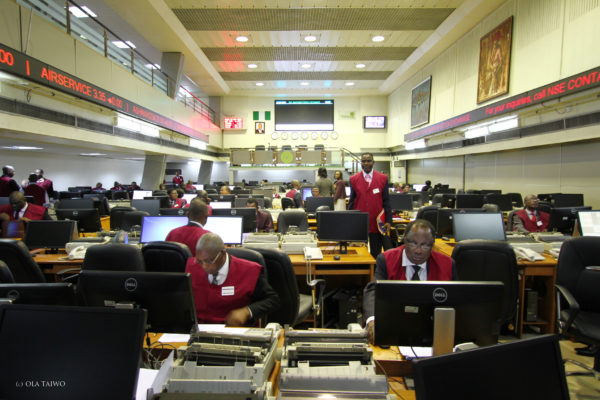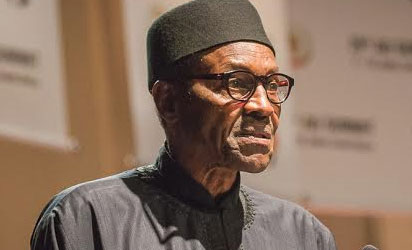Stocks continued its downward march on Friday as operating margin reported in second quarter results show a marginal decline for NSE 30 companies. NSE 30 index quarter to date performance was down 5.47 percent at market close on Friday as half year results failed to lift market sentiments.
NSE 30 companies are 30 of the most capitalized companies on the Nigerian Stock Exchange and account for more than 95 percent of the total equity market capitalization. Operating margins fell by 30 basis points from 34.6 percent in Q1 2018 to 34.3 percent in Q2.
In recent times, investors have been fairly accurate in predicting operating margin direction before the results were announced. In mid-2015, stocks were already trending lower before Q4 2015 results showed a decline in NSE 30 operating margins from 18.7 percent in Q3 to 16.6 percent in Q4.
Stocks hit its lowest point in Q1 2016 before the NSE 30 operating margins dropped sharply to a low point of 12.7 percent as the economic recession in 2016 negatively affected industry financial performance. Before the economic recovery began to show up in firm financials in the second half of 2017, stock prices had already begun to accelerate in early 2017.
A sharp rally in stock prices from Q1 2017 was followed by a similar jump in operating margin from 14.48 percent in Q3 2017 to 30 percent by Q4 2017. Although the stock market opened this year strongly, it has since declined considerably from its January highs. Operating margins also peaked in Q1 2018 as investors continued their winning streak on betting the future direction of NSE 30 operating margin.
Perhaps the significant decline in stock prices this year could be a signal of lower operating margins by third and fourth quarter of the year.
“We don’t expect operating margin of companies in the NSE 30 to improve during the second half of the year,” said Foluso Adigun, Head of financial advisory at GDL asset management. “We think margins may remain flat or even decline as spending is expected to contract with the continued monetary tightening by CBN who want to ensure that election spending does not cause an uptick in inflation during H2.”
“The third quarter is critical for companies who want to have a decent full year performance. If they miss earnings estimates in Q3, their margins could be hurt severely. Investors have already priced in a slimmer operating margin. In fact, we think prices may rise marginally in H2, but not enough to wipe out the losses suffered earlier in the year.”
Moses Ojo, head of research at PAC asset management told BusinessDay via phone that it is not unusual for market performance to be poor at the beginning of the year. He explained that investors typically sell down on their portfolio to recover some cash and pay outstanding bills as school fees after the festive period.
“However, we suspect that the fall in stock prices is majorly as a result of the heightened political risk in the country this year. Most investors have gradually sold off equities and have moved their funds to safe haven instruments like bonds and treasury bills.”
“We expect this asset rotation to continue until the conclusion of the 2019 general elections early next year,” said Ojo.




